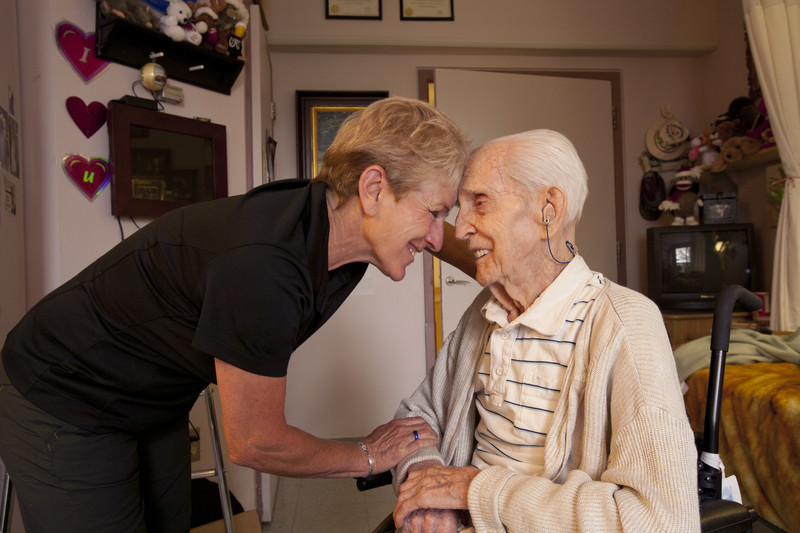Symptoms of Kidney Disease for Seniors in Ottawa, Ontario
Uncategorized | March 19, 2018
Symptoms of kidney disease in seniors and older adults are so subtle that the disease often goes undiagnosed. This is why it’s extremely important to understand the symptoms of kidney disease so that you can spot the symptoms early and take your senior loved one to see a medical professional before the disease advances.
Swollen Feet and Ankles
Decreases in healthy kidney function cause sodium retention, which can lead to swollen legs, feet, and ankles. This symptom can also be an indication of chronic leg vein issues, heart disease, or liver disease.
Constant Coldness
Anemia and kidney disease can cause an individual to feel cold even when they are surrounded by warmth or wearing warm layers. In addition, pyelonephritis or kidney infection may lead to fever and chills.
Shortness of Breath
If additional fluid builds up in the lungs from decreased kidney function, shortness of breath may occur. This symptom is often seen in the later stages of kidney disease.
Changes in Urinating
Kidneys are the organ that handles the urinary tract within the body, and changes in urination are often a sign of kidney disease. Urine with traces of blood, bubbly or foamy urine, difficulty urinating, or the overwhelming urge to urinate are all considered changes in urination and should be reported to a doctor.
Weakness or Fatigue
As kidneys begin to fail, a buildup of wastes in the body or anemia can cause a shortage of red blood cells. This can lead to feelings of weakness or fatigue.
Bad Tastes in the Mouth
Waste build up from weakened kidney function can cause a bad taste in the mouth. Medications used to treat kidney stones, arthritis, and high blood pressure can also cause a bad taste in the mouth.
If you or a loved one are experiencing these symptoms, you should visit a doctor to perform basic screening tests. If kidney disease is found, a doctor known as a nephrologist (a doctor who treats kidney related diseases) can conduct an evaluation and recommend lifestyle changes or medications that can slow the progression of this condition.
Individualized Home Care Options
Long-Term Home Care, 24 Hour Home Care & Short Term Care Options Customized for You







